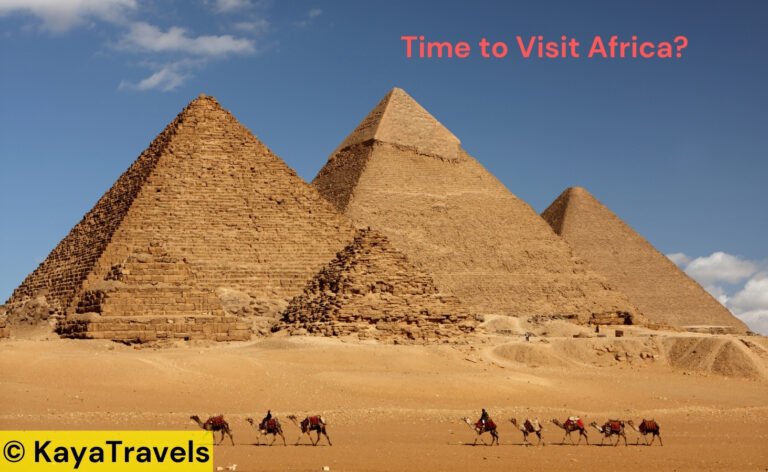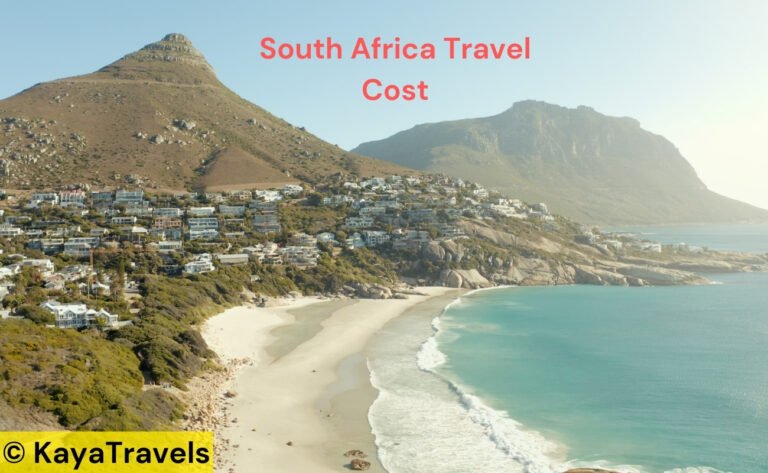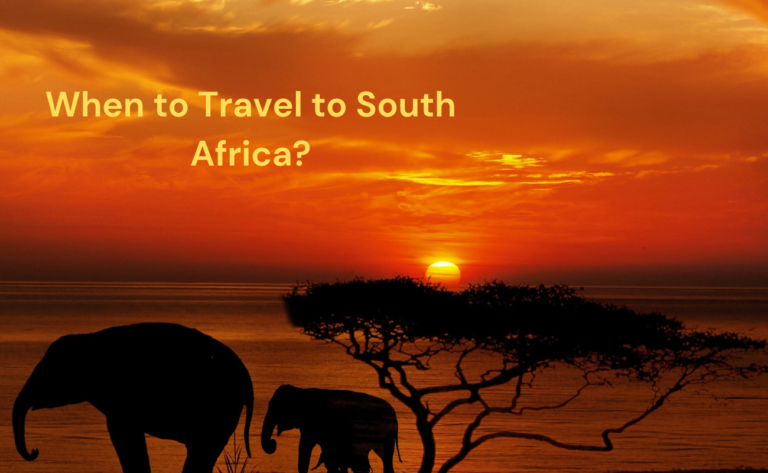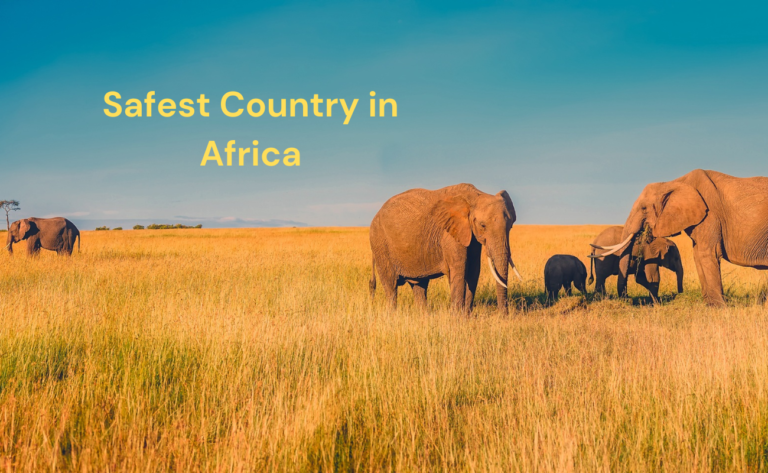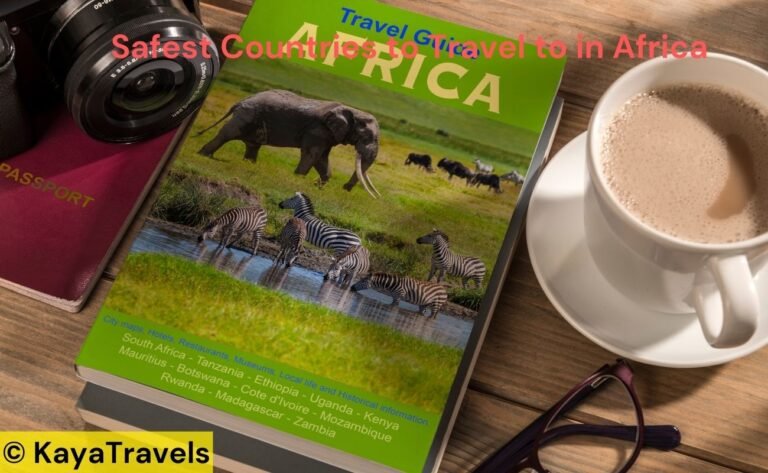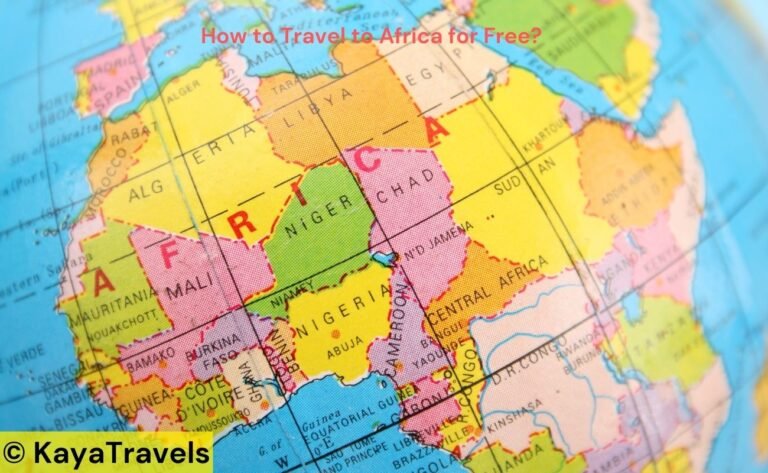Travelling to Africa offers an experience unlike any other. The continent boasts a blend of rich cultures, diverse wildlife, and breathtaking landscapes.
Planning is critical to navigating this vast land successfully, whether it’s a safari through the Serengeti or exploring the pyramids of Egypt.
Finding the ideal way to explore Africa depends on your preferences and travel style. You might opt for a tailor-made safari experience, ensuring private vehicles and a trip structured to your desires, including the convenience of VIP visa handling.
Alternatively, consider a self-drive adventure across the continent’s varied terrains for a more hands-on approach, possibly even purchasing a vehicle for an extensive tour.
Investing in comprehensive travel insurance ensures you’re adequately prepared for every possibility. With frequent flight changes and potential emergencies, it’s an essential safeguard for your African adventure. This preparation allows you to indulge fully in the unparalleled beauty and adventure that Africa has in store.
How to Travel to Africa? – Planning Your Trip
Preparing for a journey to Africa requires careful consideration of destinations, weather patterns, budget, health precautions, and entry regulations.
Choosing Destinations
When determining where to visit, consider the diversity Africa offers. Kenya and Tanzania are top picks for wildlife and safaris, as they offer the famous Masai Mara and Serengeti ecosystems, respectively.
History enthusiasts might prefer Egypt’s ancient wonders or Morocco’s historic cities. Adventure seekers can explore the dunes of Namibia or the forests of Madagascar. Don’t miss the beautiful beaches of Mauritius and Seychelles for a relaxing getaway.
Understanding Climate and Seasons
Africa’s climate varies greatly, so checking the seasons before you go is essential. East Africa, for example, has dry seasons typically from June to October and December to February, making these months ideal for safaris.
Southern Africa’s prime wildlife viewing is from May to October in the dry winter months. Egypt and Morocco are best visited in spring or autumn to avoid extreme temperatures.
Budgeting and Financial Tips
A wise budget will ensure a comfortable trip. South Africa and Egypt can offer more affordable travel options, while destinations like Botswana and Seychelles are known for their luxury experiences.
- Track Expenses: Keep an eye on your daily spending.
- Currency: Carry a mix of USD/Euro and local currency.
- Travel Insurance: Always include this in your budget.
Health and Safety Considerations
Safety is paramount, so always have travel insurance and take precautions against malaria in most sub-Saharan countries. Scheduling vaccinations is crucial: consult the CDC’s or WHO’s recommended vaccine list well before departure. Keep emergency numbers handy and stay informed about the political stability of your destinations.
learn more about Places to Live in Africa.
Visa and Entry Requirements
Visa requirements vary, with countries like Kenya and Madagascar offering visas on arrival or e-visas. Others, like South Africa and Namibia, might not require visas for shorter stays for certain nationalities. Always check the embassy websites or contact them to ensure you have the correct documentation.
When embarking on an African adventure, prioritizing what to pack, establishing a safe and realistic budget, and grasping the full tapestry of cultural experiences are crucial to a memorable journey.
Transportation and Accommodation
When planning your African adventure, nailing down your transportation and accommodation is crucial for a stress-free journey.
Booking Flights and Local Transport
Finding the best flights to Africa is your first step. Websites like Skyscanner can comprehensively view your options, including prices and connections. Once you’re there, local transport methods vary widely, from minibuses to trams. Researching and using a reliable guidebook can help you navigate these options effectively.
- Flights: Compare prices and layovers through flight aggregators.
- Local Transport: Choose based on comfort, cost, and travel times.
Finding the Right Accommodation
Your accommodation can range from luxury hotels to budget-friendly campgrounds. Key factors to consider include location, price, and amenities. Online platforms offer user reviews and the ability to book directly.
- Hotels: Look for central locations with good reviews.
- Campgrounds: Great for getting close to nature and saving money.
Finding suitable transportation and accommodation can enhance your African travel experience, ensuring convenience and comfort.
Cultural Experiences and Activities
Africa offers a treasure trove of cultural experiences, from the vibrant cultures and people to the majestic wildlife and historical landmarks. Here, you’ll find a rich tapestry of activities highlighting the continent’s diverse heritage and natural beauty.
Exploring Diverse Cultures and People
In Africa, cultural enrichment is at your fingertips. Engage with local communities and immerse yourself in the continent’s diverse heritage. From the unique cultures of African tribes, like the San people with their traditional clicking language, to vivid medinas and buzzing markets, every interaction is an opportunity to learn and grow.
Wildlife and Safari Adventures
Experience the thrill of a safari in world-renowned destinations like the Serengeti National Park or the Maasai Mara National Reserve. Witness the awe-inspiring Great Migration or partake in guided game drives to see nature’s most fascinating creatures in their natural habitat.
Historical Sites and Landmarks
Uncover the layers of history etched into the landmarks of Africa. Marvel at the Pyramids of Giza, a UNESCO World Heritage Site, or visit the Saadian Tombs to witness the grandeur of past civilizations. Each historical site is a chapter in the continent’s vast and storied past.
Local Cuisine and Gastronomy
Indulge in the flavours of Africa by sampling local cuisines. Try traditional dishes like tagine, injera, or piri piri chicken to satisfy your taste buds. Exploring local food is not just a culinary adventure but a foray into the culture and heart of a region.
Natural Wonders and Landscapes
Africa’s landscapes offer an overwhelming feast for the senses, from the rhythmic lapping of ocean waves to the stirring sites of mountains and deserts. This continent embodies the sheer joy of exploring natural wonders of tremendous size and beauty.
Beaches, Islands, and the Indian Ocean
Encounter the Indian Ocean’s serene beauty along the sun-kissed shores of Zanzibar, where white sands fringe crystal-clear waters. In June, the dry season gifts beachgoers with perfect weather, ideal for basking in the tranquil ambience or diving into a lively underwater world.
- Island Gems: Zanzibar is a highlight amongst endless coastlines—home to historic Stone Town and forests with curious lemurs.
Mountains, Deserts, and Unique Terrains
Journey through various terrains that tell tales as old as time. Explore the iconic Table Mountain, which looms over Cape Town, a sight to behold from below or atop its flat summit. Towering even higher is Mount Kilimanjaro, Africa’s pinnacle, inviting the bold to trek its slopes.
- Deserts: Witness the Sahara Desert’s sweeping grandeur and the Kalahari Desert’s contrasting biodiversity, which cradles the life-giving Okavango Delta.
- Water Wonders: Stand in awe at the edge of Victoria Falls, where the Zambezi River plummets in a thunderous display, especially during the rainy season.
By incorporating these natural wonders into your travel agenda, you’ll discover regions that tell a story of ecological diversity and geological marvels, providing an unforgettable chapter in your African adventure.
Practical Information and Tips
Before embarking on your African adventure, it’s vital to be prepared with practical information and tune into specific tips that ensure a smoother experience.
Communication and Connectivity
Understanding language nuances is crucial in Africa, with many countries having multiple official languages. English is widely spoken in tourist areas, but packing a guidebook with key local phrases can bridge communication gaps.
To stay connected, consider buying a local SIM card for your phone to access cheaper call rates and mobile internet. Wi-Fi availability varies greatly, so research beforehand.
Local Customs and Etiquette
Respecting local customs is critical, including dressing appropriately and observing community rules. Be aware of your gestures and body language to avoid offending your hosts. Ensure you’re always safe, especially against potential theft, by keeping valuables hidden or in hotel safes. Learning about local currency and typical credit card acceptance can prevent payment snags, and carrying some cash for regions with sparse ATMs is advisable.
Essential Items to Pack
- Travel insurance: Don’t leave without it; it’s your safety net.
- Camera: Capture memories but respect wildlife and local culture.
- Clothing: Lightweight layers for varying climates.
- Health items: Include medications and insect repellent.
- Power adapter: Ensure it’s compatible with local outlets.
- Money: Small bills in local currency for tips and crafts.
Remember, every item in your suitcase should serve a purpose, so pack thoughtfully to maximize space and utility.

